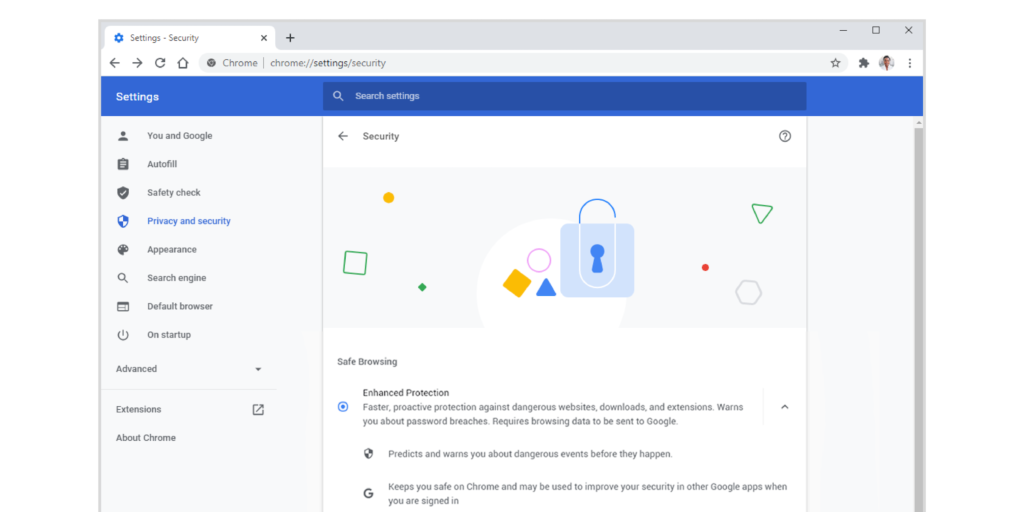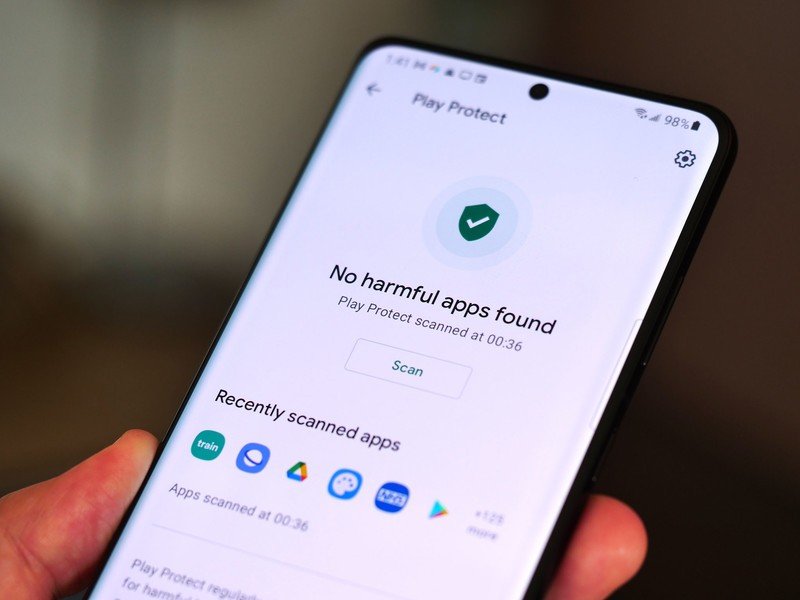We can say that our smartphones are practically an extension of ourselves. Therefore, the question of their security becomes crucial. After all, these devices house vast amounts of personal data, from photos and contacts to banking details. As such, one question has become the focal point of many debates: Do smartphones truly need an antivirus app? Some argue that built-in security features are enough, while others insist that an extra layer of protection is essential. But the question remains.
The purpose of antivirus apps
Antivirus applications primarily function as a shield for your device. They are designed to detect, prevent, and remove malicious software, such as viruses, worms, trojans, ransomware, and spyware. These harmful pieces can damage your device, steal sensitive information, or even gain unauthorized access to your systems. That’s why antivirus apps play a critical role in safeguarding user privacy and maintaining the overall integrity of an individual’s digital presence.
In addition to providing real-time protection against potential threats, antivirus apps also offer regular system scans. These scans help to identify and eliminate any malware that may have slipped through the cracks. Some antivirus apps even come packed with additional features such as anti-phishing, safe browsing tools, and anti-theft mechanisms. These add-ons enhance the scope of protection, ensuring users are shielded from a broader range of cyber threats. However, it’s crucial to understand that while antivirus apps are a significant line of defence, they are not invincible. No antivirus app can guarantee 100% protection from all types of malware since cyber threats are continuously evolving, becoming more sophisticated and harder to detect. Thus, while antivirus apps are an essential tool in digital security, they should be used as part of a broader cybersecurity strategy rather than a standalone solution.

The debate: Do smartphones need an antivirus app?
The question of whether smartphones need an antivirus app is a contentious one. On one side of the debate, some argue that smartphones are just as susceptible to malware as any other device and require antivirus protection. They point out that smartphones have become a prime target for cybercriminals as they have become increasingly advanced. This camp believes that an antivirus app provides an extra layer of security, protecting users against potential threats.
On the other side of this discussion, stay those who argue that built-in security features in smartphones are sufficient for protection against malware. They assert that most malware targets desktops and laptops, and the threat to smartphones is relatively minor. This group also points out that many antivirus apps are resource-intensive, draining battery life and slowing the device’s performance.
But there is a third perspective in this debate: those who believe that whether or not a smartphone needs an antivirus app depends on the user’s behaviour. This group argues that the risk of getting a virus is minimal for users who download apps from trusted sources, keep their operating system and apps updated, and avoid clicking on suspicious links. For these users, an antivirus app may not be necessary. However, an antivirus app could be beneficial for users who often engage in risky behaviour, like downloading apps from unknown sources or clicking on suspicious links.
How smartphones can be vulnerable to viruses
Smartphones, like any other device, can be vulnerable to viruses. Malware can be introduced to a smartphone in several ways, but one standard method is downloading apps from untrusted sources that can infect your device. Additionally, clicking on suspicious links or visiting unsafe websites can expose your smartphone to viruses. Another risk factor is outdated software, where cybercriminals often exploit known vulnerabilities in outdated software to introduce malware. That’s why keeping your smartphone’s operating system and apps updated is critical. Each update often comes with security patches that fix known vulnerabilities, making it harder for viruses to infiltrate your device.
It’s also worth noting that while Android devices are often considered more vulnerable to viruses due to their open-source nature, that is not true. Android’s most significant built-in defence against malware is Google Play Protect. The same goes for iOS devices, which are more secure. But we should also mention that iPhones are not immune even though they are well protected. Although Apple’s stringent app review process and closed-source approach offer more security, every system is only partially invulnerable. For instance, jailbroken iPhones are particularly susceptible to viruses as they bypass many of Apple’s built-in security measures.

Role of built-in security features in smartphones
Modern smartphones come with various built-in security features to protect users from malware. For example, both Android and iOS devices have app sandboxing. This feature isolates apps from each other, preventing a malicious app from accessing data from another app or the system. Additionally, Android and iOS have built-in features to help protect against phishing. Google’s Safe Browsing service protects users from deceptive websites, and Apple’s Safari browser has a similar feature. Furthermore, both systems offer regular updates, including security patches to fix known vulnerabilities.
However, while these built-in security features offer significant protection, they are not infallible. As mentioned earlier, cyber threats constantly evolve, and new vulnerabilities can be found. Therefore, relying solely on built-in security features may only provide comprehensive protection against some potential threats.
Tips for keeping your smartphone safe without an antivirus app
If you opt not to use an antivirus app, there are several measures you can take to keep your smartphone safe. Firstly, only download apps from trusted sources, such as Google Play Store for Android devices and Apple App Store for iPhones. These platforms have strict guidelines and security measures to filter out potentially harmful apps.
Secondly, keep your operating system and all installed apps updated. As mentioned earlier, updates often include security patches that fix known vulnerabilities. Also, be cautious when granting app permissions. Only grant permissions necessary for the app to function, and always read the privacy policy before downloading an app.
Thirdly, avoid clicking suspicious links in emails or text messages, and steer clear of unfamiliar websites. These could be phishing attempts designed to steal your personal information. Last but not least, consider using a VPN when connecting to public Wi-Fi networks to protect your data from potential eavesdroppers.
So, in conclusion, whether smartphones need an antivirus app does not have a one-size-fits-all answer. The need for an antivirus app largely depends on the user’s behaviour and the level of risk they are willing to accept. Ultimately, smartphone security is a shared responsibility. As users, we must remain vigilant and proactive in protecting our digital lives, whether that includes using an antivirus app or not.



